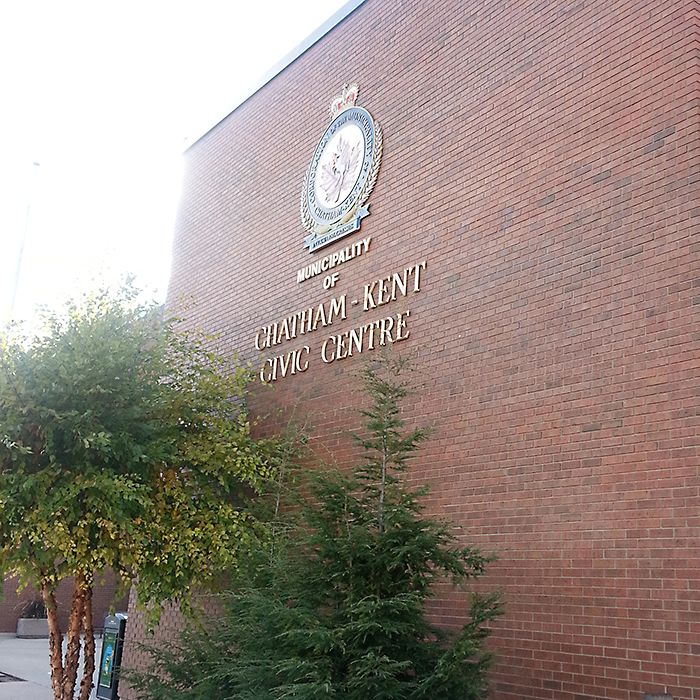
“A lack of transparency results in distrust and a deep sense of insecurity.” – Dalai Lama
Can you imagine running a business without the ability to keep matters confidential?
Would you want to work in an industry where business opportunities had to be disclosed to the public and media? How would you negotiate employee salaries if the process couldn’t be kept private? How would you purchase materials and supplies if the prices negotiated with suppliers had to be published on a company website?
And imagine scheduling a meeting with your lawyer or accountant only to find that the media will be broadcasting the meeting live on local cable?
This type of business environment would bring most commerce to a halt. Yet some (not all) of these scenarios are an everyday reality for those of us working in municipal government.
Of course municipal government is not a business like other businesses. In Ontario, a municipal government is a specially created corporation that is owned by, and for, the people that live within its geographic boundaries. It must be accountable to the public and so there are rules to ensure that municipal governments conduct business in public. A lack of openness and transparency can create an environment which breeds corruption and abuse.
Municipal governments do not disclose everything to the public, such as health records of citizens or the security code to building alarm systems. Obviously some things have to be kept secret. On the other hand, there can and should be transparency about a great many things that government does, including, and especially, decisions about spending taxpayer money.
Thankfully, municipal governments in Ontario are among the most open and transparent governments in the world. Certainly compared to developing nations, Canada places high on a scale of government openness and transparency.
In fact, I believe municipalities in Ontario are more open and transparent than the federal and provincial governments. This is because legislation requires municipal government transparency that does not require the same transparency from the province or federal governments.
For example, did you know that the federal and provincial elected government officials, such as the cabinet or the various political party caucuses, are permitted to meet in private to discuss and make decisions? Yet municipal councils are not permitted to do that.
I had the opportunity recently to visit the German Reichstag (Parliament). I remember climbing the new glass dome which gives magnificent views out over Berlin. The glass also has views down into the Reichstag parliamentary chamber itself. Citizens of Germany literally look down on their elected representatives while they are working and making laws. The omnipresence of public visitors looking down from above serves to remind the elected representatives that they are being “watched” by those who elected them. This is intentionally symbolic.
The law in Ontario requires municipal council to conduct business in open and transparent public meetings where the public and media are always welcome. Public meetings ensure that citizens can listen to the issues, contribute to the debate and understand the decisions being made.
In addition to conducting business in public meetings, municipal council must announce the date, time and agenda in advance of meetings so that the mayor and council, public and media, are able to attend and participate (the only exception to this rule is an emergency meeting). Staff prepare the agendas and write reports and recommendations for council’s review and consideration. Members of council also have the ability to add items to the agenda.
The law does allow for the public to be excluded from council meetings in very limited circumstances. This is necessary for good and effective government. Of course, holding meetings closed to the public can be abused.
In Chatham-Kent we follow the law strictly in regard to holding meetings of council which are closed to the public.
The law in Ontario allows municipal council to meet in “closed” without the public only for one of the following reasons:
- Security of property (for example, protection of property or persons from theft or other dangers).
- Personnel matters about identifiable individuals.
- Negotiations in regard to (i) the sale price of land for purchase or sale,
(ii) union or employee contracts or (iii) litigation or potential litigation. - Receiving legal advice.
There are a few other categories that are rarely used which allow, and sometimes require, council to discuss matters privately.
Chatham-Kent mayor and council are committed to open and transparent municipal government. Sometimes it would be easier to make decisions behind closed doors because having to deal with controversial topics in a public meeting is a messy political process. It can result in unfair criticism by members of the public who don’t have all the facts. But the vast majority of the time the public provides helpful input.
In fact, whether the input is helpful or not, it is important that we are open and transparent because it keeps us accountable. We work for the public and have no right to hide their business from them.
Public participation in government is both good and great. It is up to the citizen to take the time to become truly informed and then to contribute.
- John Norton is chief legal officer for the Municipality of Chatham-Kent. The views expressed here are his and not necessarily the views of the municipality or municipal council.






